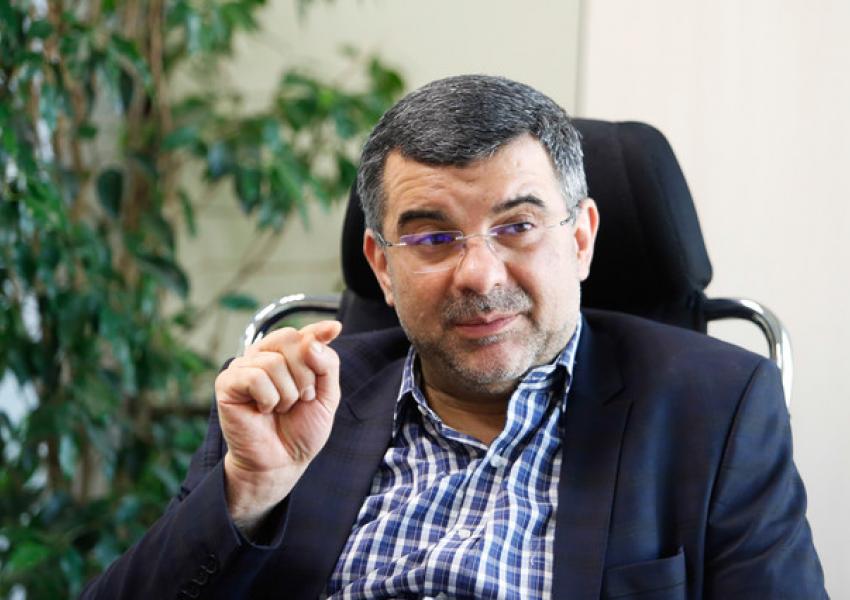
Iran Deputy Minister Says Government Unable To Cope With Pandemic
Iran’s government is unable to deal with the consequences of the Covid pandemic, Deputy Health Minister Iraj Harirchi has said in an online coronavirus information forum on Monday.
The health official said that charitable organizations, individuals and large institutions should get active in helping the people and mentioned the example of the United States saying that “In most US states 70 percent of hospitals are established and run by charitable and non-profit organizations.”
Mentioning the United States as an example to follow is rare by an Islamic Republic official and shows the depth of the pandemic crisis and the government’s inability to manage it.
Iran has large and affluent religious charities that are tax exempt and own extensive real estate holdings, companies and banks, but their response to the pandemic has been marginal at best, with occasional distribution of symbolic food packages to a limited number of people. These charities even enjoy full state protection and favorable treatment and some have even appropriated large tracts of state and private lands and other properties.
Unemloyment has gotten worse during the pandemic, while 40 percent inflation has continued amid US sanctions, pushing half of the population into poverty according to media and some officials in Iran.
As hospitals in the capital Tehran and other cities reach full capacity and daily deaths have tripled in recent days, Harirchi said that 25 percent of all deaths in the country are Covid casualties. Iran officially reported 278 deaths on Monday.
Harirchi also quoted Health Minister Saeed Namaki as saying that the death rate might go even higher than what it was in the autumn and reach 400 per day.
Iranian health officials, as well as President Hassan Rouhani and others mostly blame the people for not observing protocols, but the government policy has also been haphazard and sometimes contradictory. Members of parliament have even demanded that the Judiciary should hold Rouhani personally responsible for negligence in mismanaging the response to the pandemic.
Another important factor is the slow pace of vaccinations in Iran as Supreme Leader Ali Khamenei banned American and British vaccines in early January. Iran has barely vaccinated 0.1 percent of its population, while Turkey, the United Arab Emirates and Israel have fully inoculated between 11 to 56 percent of their populations.
Iran claims it is manufacturing its own vaccines but by all estimates they will be ready in a few months. Some health officials have expressed doubt if the country can mass-produce any effective vaccines.








